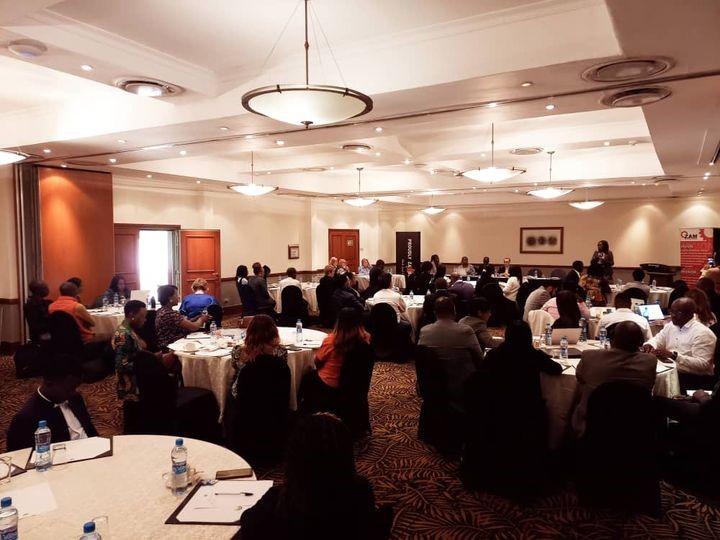‘Skills Gap Must Be Bridged if Zambia is to Realize its Economic Potential’ – BCCZ Emphasizes at Skills Development Meeting
Lusaka, Zambia – The imperative to develop local skills to align with the escalating demands of investors has been underscored in a skills development meeting jointly organized by the British Chamber of Commerce in Zambia (BCCZ) and the Zambia Association of Manufacturers (ZAM). The event, attended by more than 60 members, took place in Lusaka and sought to address Zambia’s growing prominence as a favored investment destination within the region and continent. The discussions highlighted the critical necessity of equipping the local workforce with the requisite competencies.
The CEO of the British Chamber, John Paton, explained that the primary aim of the meeting was to convene influential stakeholders from diverse sectors to identify the bottlenecks contributing to Zambia’s skills gap. He emphasized the urgency for increased private sector involvement in bridging the gap between industry demands and the available labor force expertise.
Paton remarked, “The objective of the meeting was to bring together businesses and entrepreneurs from all sectors to foster deliberations on methods to address the all too prevalent mismatch between industry demands and labor competencies. The skills base of our human capital has often been unable to meet the demands of increasingly complex and integrated global production systems.”
He further elaborated, “This, it is envisaged, will be addressed by assembling all the participants involved in the skills-building process in the country, spanning regulators, trainers, and employers to propose possible solutions. Indeed, a major contributing factor to the skills gap has been the misalignment of priorities between these very players.”
The event’s panel included prominent figures such as Phyllis Kasonkomona, Development Director at Technical Education, Vocational and Entrepreneurship Training Authority (TEVETA); Atson Lungu, Human Resource Director at Zambia Sugar; and Marian Matefwali, Lecturer at Zambia Centre for Accountancy Studies (ZCAS).
During the discussions, one of the key challenges identified was the incongruity between the current Zambian education system’s syllabi and the demands of the 21st century. The modules offered by universities and skills training centers were noted to lack the necessary content and quality to equip graduates with skills relevant to today’s rapidly evolving business landscape.
Additionally, the gap was exacerbated by the limited interaction between Zambian learning institutions and the requirements of both public and private sector organizations where graduates seek employment. Participants also recalled the success of past programs that involved experienced trainers training Zambian educators, suggesting that a revival of such initiatives could substantially contribute to overcoming the skills gap.
Local industries in Zambia have been presented with numerous opportunities, but the lack of requisite skills presents a considerable impediment. For instance, sectors such as furniture and wood manufacturing, food processing, clothing, mining, and leather product design and manufacturing face challenges in finding graduates with the appropriate capabilities.
The meeting was attended by prominent figures in the Zambian business landscape, including Ashu Sagar, President of the Zambia Association of Manufacturers, and Muntanga Lindunda, Chief Executive Officer of the Zambia Association of Manufacturers.



